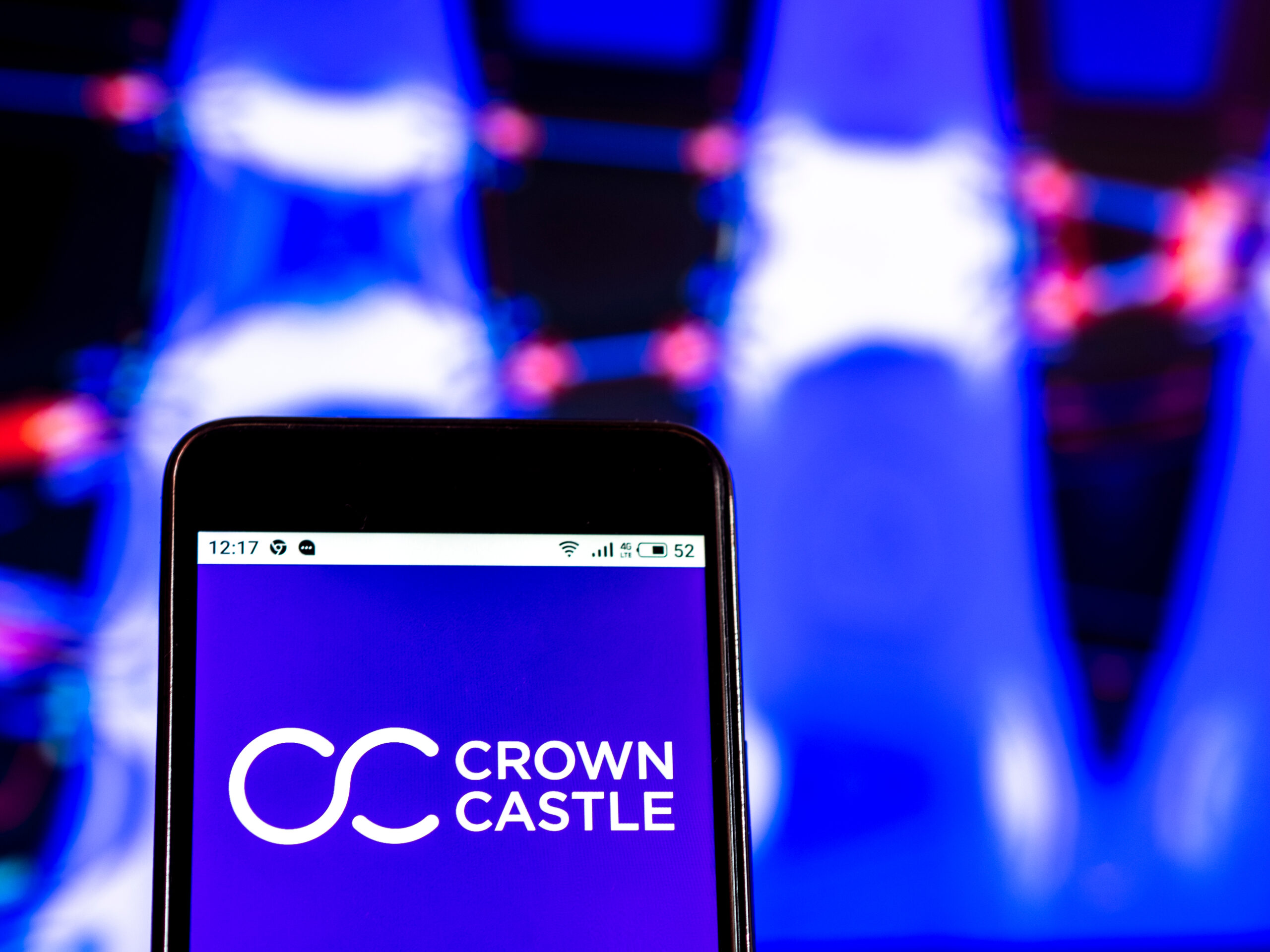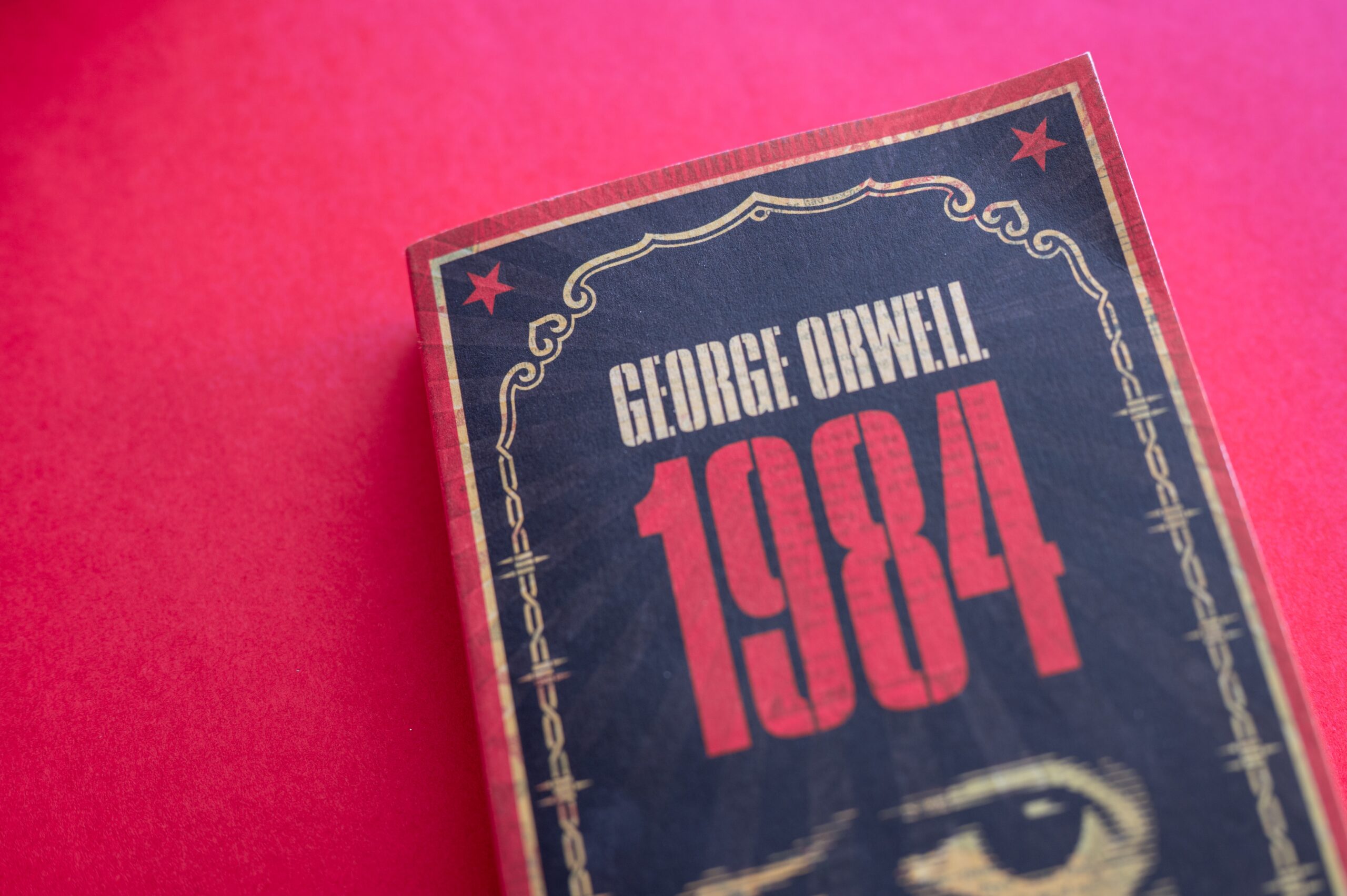Class action lawsuits have become a powerful tool for holding corporations accountable, often resulting in massive settlements that benefit large groups of people affected by corporate negligence. These settlements can reach billions of dollars, covering everything from defective products to environmental harm. In this article, we’ll look at some of the largest class action settlements ever reached, detailing the cases behind them, the settlements themselves, and their lasting impact. From consumer safety to environmental justice, these landmark cases highlight the power of collective legal action in securing justice for victims on a massive scale.
Volkswagen Emissions Scandal (2015)
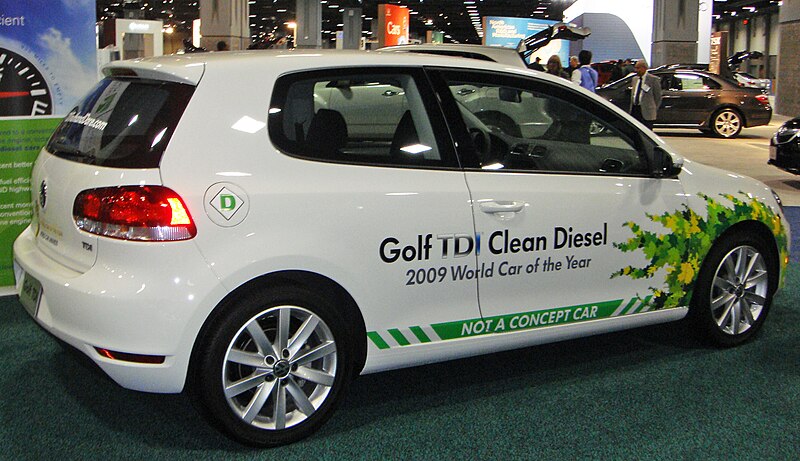
In 2015, Volkswagen agreed to a settlement of $14.7 billion in one of the largest class action settlements in history. The settlement stemmed from allegations that the company had installed software to cheat emissions tests on nearly 600,000 diesel vehicles in the U.S. This class action involved both environmental claims and compensation for affected consumers. The settlement was designed to compensate consumers, buy back affected cars, and fund environmental mitigation. Additionally, Volkswagen committed to funding initiatives to reduce pollution. The vast financial agreement also required the company to fix or replace affected vehicles. Despite its magnitude, the scandal severely tarnished Volkswagen’s reputation and led to significant financial losses.
Tobacco Master Settlement Agreement (1998)
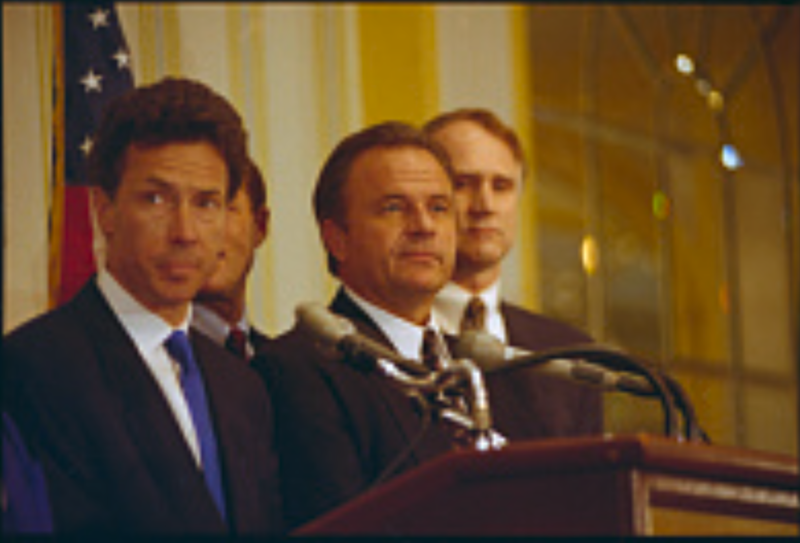
The Tobacco Master Settlement Agreement (MSA) was reached in 1998, amounting to $206 billion. It was the result of lawsuits filed by 46 U.S. states against the tobacco industry for the health costs related to smoking. The settlement required tobacco companies to make annual payments to the states and implement restrictions on advertising and marketing. It also mandated funding for anti-smoking programs and research. The MSA has been the basis for numerous state-specific settlements as well. This monumental agreement essentially ended the states’ legal battles against major tobacco companies. While the financial settlement was immense, the impact on smoking rates has been debated.
BP Deepwater Horizon Oil Spill (2010)

Following the catastrophic 2010 Deepwater Horizon oil spill, BP agreed to a $20.8 billion settlement. The disaster, caused by a blowout on a BP-operated rig, leaked millions of barrels of oil into the Gulf of Mexico. This settlement addressed environmental damage, economic losses to affected businesses, and compensation for individuals. BP was also required to fund environmental restoration efforts in the Gulf region. The legal and financial repercussions were profound, with BP admitting to violations of the Clean Water Act and other environmental laws. This settlement is part of a series of settlements BP has reached, marking a turning point in the regulation of offshore drilling. BP’s reputation and operations were significantly affected by the spill and the subsequent financial fallout.
Worldcom Accounting Fraud Settlement (2005)
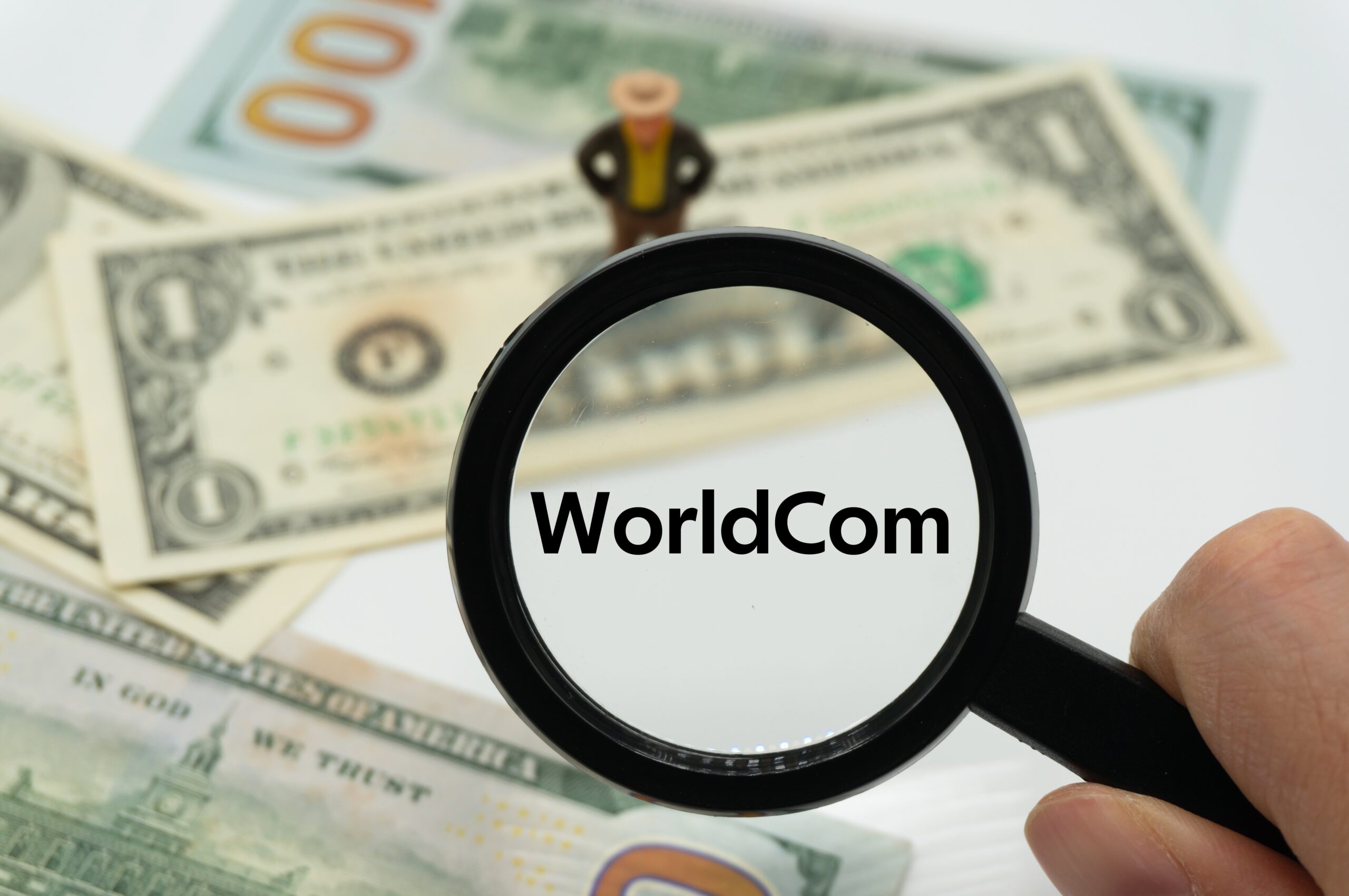
In 2005, Worldcom, once the second-largest long-distance telecommunications company in the U.S., reached a settlement worth $6.1 billion. The settlement resolved class action lawsuits filed after it was revealed that Worldcom had inflated its earnings by nearly $11 billion. The fraud was one of the largest accounting scandals in U.S. history. The class action settlement compensated investors who had lost money due to the fraudulent practices. The agreement also required Worldcom’s officers and directors to pay restitution. In addition, the company faced severe scrutiny and regulatory consequences for its role in the collapse. The fallout led to increased public awareness of corporate governance and accounting oversight.
Apple Battery Performance Case (2020)
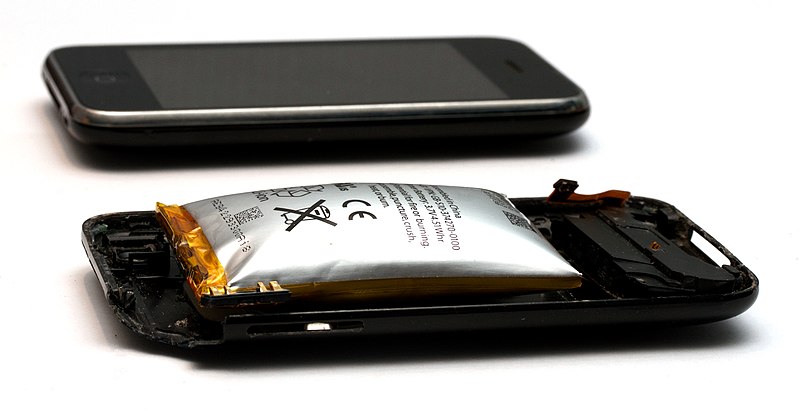
Apple faced a class action lawsuit in 2020 over its battery performance management practices, which slowed down older iPhones without users’ consent. Apple agreed to pay up to $500 million to settle the case. The lawsuit alleged that Apple deliberately throttled the performance of older devices to encourage customers to purchase newer models. The settlement allowed affected iPhone users to claim compensation, with individual payouts depending on the number of eligible claims. Apple also agreed to implement clearer disclosures regarding battery health and performance management. The settlement followed years of legal battles and public criticism of Apple’s business practices. While the company did not admit wrongdoing, the settlement served to resolve widespread consumer dissatisfaction.
Enron Securities Fraud Settlement (2008)
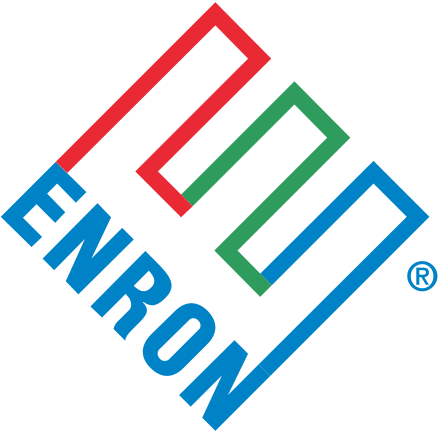
Enron’s collapse due to massive accounting fraud led to a $7.2 billion class action settlement in 2008. The settlement was reached with investors who had lost money in Enron’s securities as a result of the company’s fraudulent accounting practices. Enron’s bankruptcy, which occurred in 2001, wiped out billions of dollars in shareholder value. The class action involved both investors who held Enron stock and those who had purchased its bonds. The settlement helped compensate thousands of affected investors, though many still felt that the amount was insufficient given the scale of the fraud. The settlement also resolved legal disputes with Enron’s former executives and auditors. The case remains one of the most infamous corporate scandals in U.S. history.
Bank of America Countrywide Mortgage Fraud (2012)
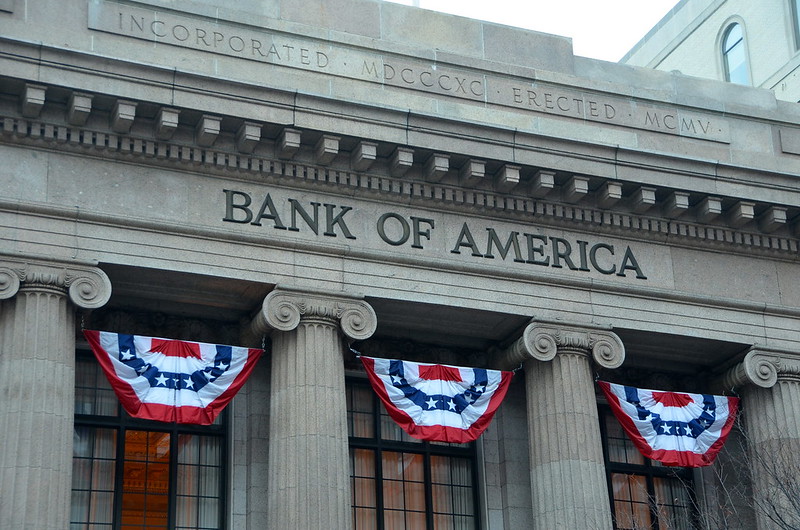
In 2012, Bank of America reached a $25 billion settlement over claims related to mortgage fraud, stemming from its acquisition of Countrywide Financial. The settlement involved 49 U.S. states and addressed allegations that Countrywide had misled investors about the quality of mortgage-backed securities. It also compensated homeowners who had faced foreclosure due to unfair lending practices. Bank of America agreed to pay for loan modifications, refinancing options, and other relief for struggling borrowers. This settlement was part of a broader effort to address the damage caused by the 2008 financial crisis. Additionally, the agreement required the company to change its business practices. While the settlement was massive, it did little to erase the lingering consequences of the housing bubble.
General Motors Ignition Switch Defect (2014)
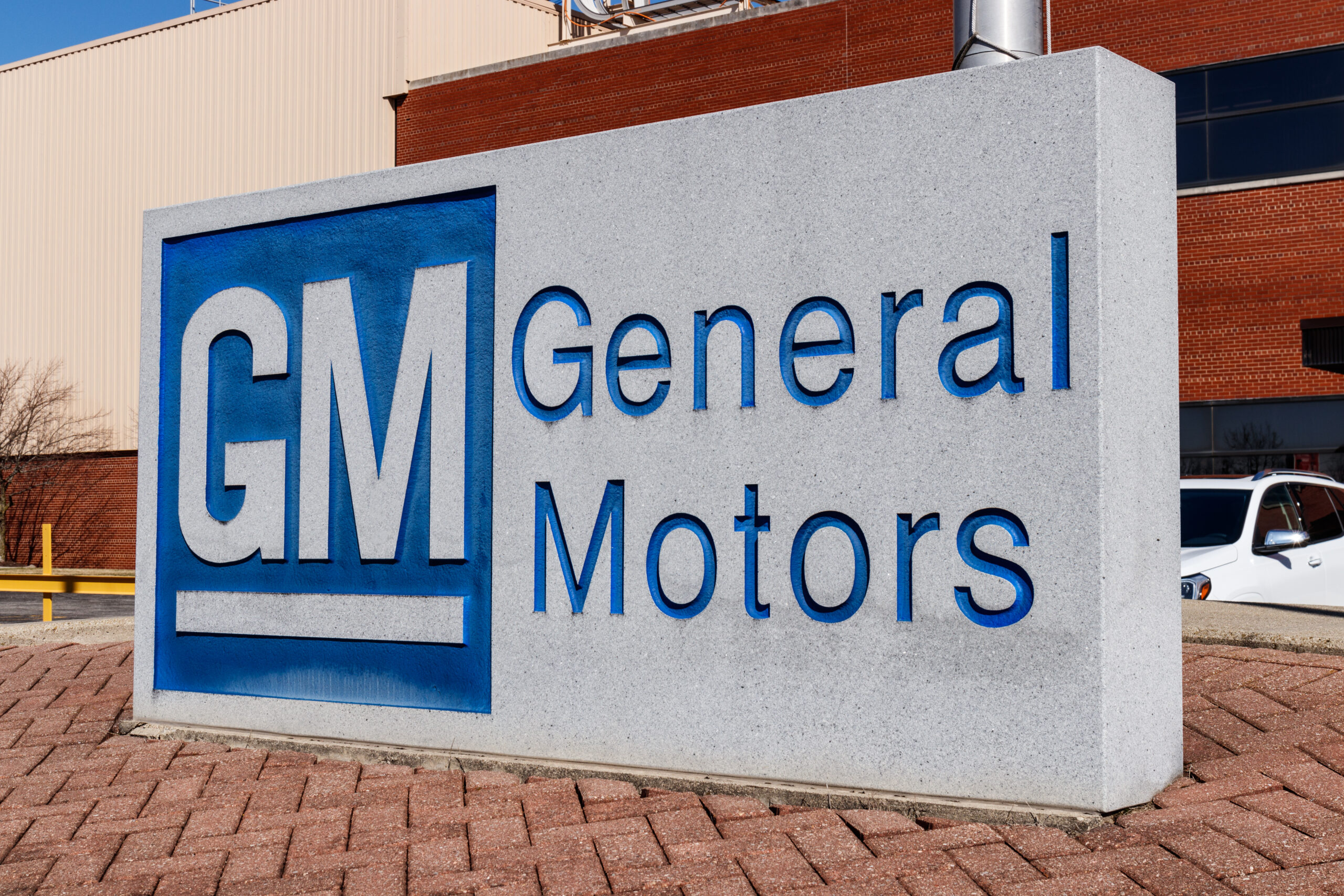
In 2014, General Motors reached a $575 million settlement related to faulty ignition switches in millions of its vehicles. The defect was linked to at least 124 deaths and hundreds of injuries. The lawsuit was filed by car owners and passengers who were affected by the defect. GM admitted that it had failed to disclose the issue and recall the vehicles in a timely manner. The settlement included compensation for affected drivers, as well as funding for a compensation program for families of victims. GM also agreed to strengthen its internal safety protocols to prevent future issues. The company’s reputation suffered greatly, as the recall affected a significant number of vehicles worldwide.
Google Location Tracking Privacy Case (2020)
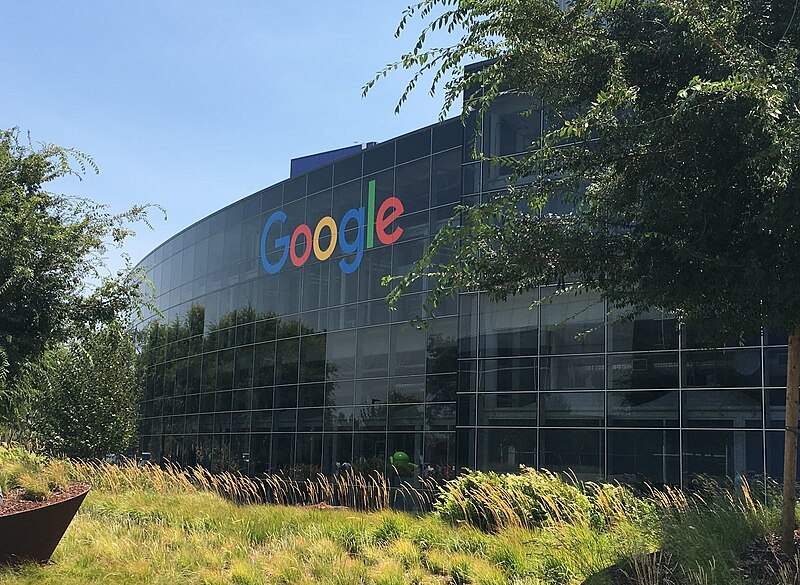
In 2020, Google reached a $5 billion settlement over claims that it illegally tracked users’ locations even after they disabled location-tracking features. The class action lawsuit accused Google of continuing to collect data through its apps and services without users’ knowledge. This settlement addressed violations of users’ privacy rights, especially regarding the data collected by Google’s apps and websites. Google denied the allegations but chose to settle to avoid protracted legal battles. The settlement provided compensation to affected users, but also required Google to implement changes to its location tracking policies. This case underscored the growing concerns over user privacy in the digital age. The tech giant faced mounting scrutiny for its data collection practices.
Pacific Gas and Electric (PG&E) Wildfire Settlement (2020)
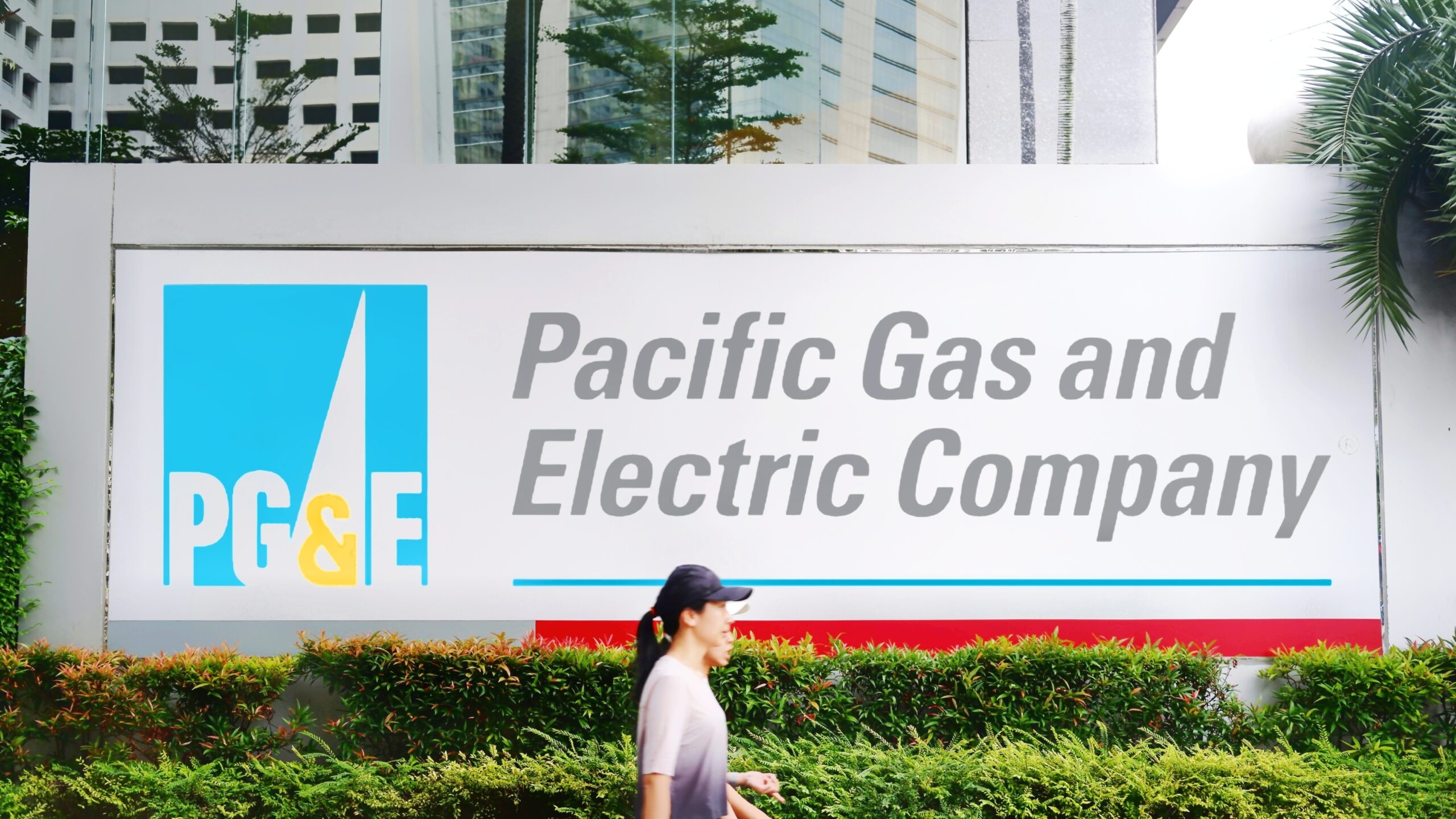
PG&E reached a $13.5 billion settlement in 2020 to resolve lawsuits related to wildfires in California. The utility company was found responsible for several major wildfires, including the deadly Camp Fire, which devastated the town of Paradise. The settlement compensated wildfire victims, including those who lost homes and loved ones, and addressed damage to communities. It also involved efforts to strengthen fire prevention and safety measures. PG&E declared bankruptcy in 2019, partly due to the financial toll of the fire claims. The settlement was seen as a step toward holding the utility accountable for its role in California’s wildfire crisis. The agreement did little to alleviate the public’s concerns about the ongoing threat posed by PG&E’s aging infrastructure.
American Tobacco Co. and the U.S. Government (1997)
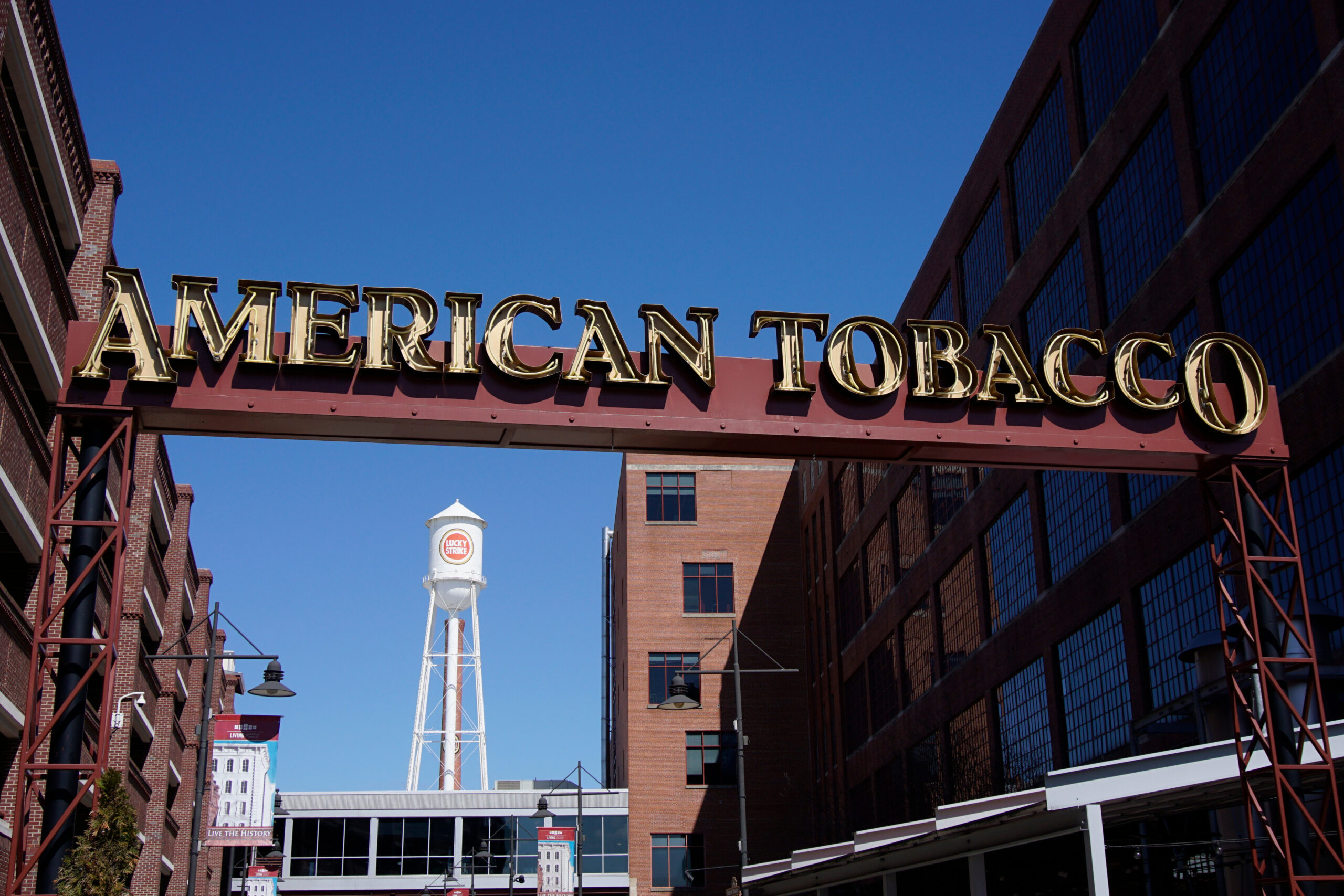
In 1997, American Tobacco and several other companies involved in the tobacco industry reached a $368 billion settlement with the U.S. government. The settlement resolved claims that tobacco companies had knowingly misled the public about the dangers of smoking. The agreement imposed restrictions on tobacco advertising, especially to minors, and required extensive health warnings on cigarette packages. In addition, the tobacco companies were required to fund anti-smoking campaigns and health programs. The deal was a landmark moment in the ongoing battle between the government and the tobacco industry. The settlement also created a framework for regulating tobacco products more strictly. The funds generated by the settlement have been used for public health initiatives across the U.S.
Madoff Securities Fraud Case (2009)
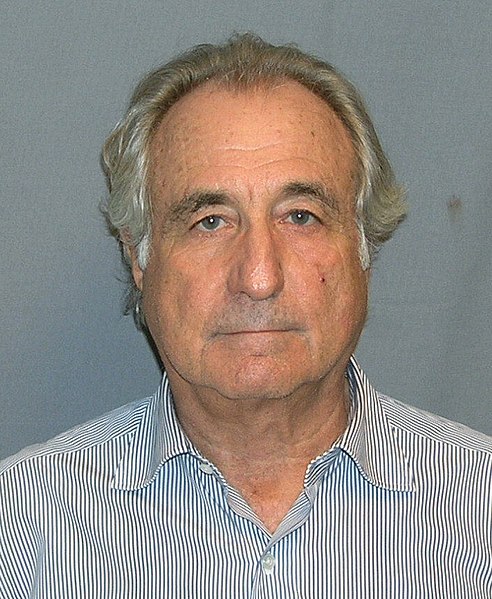
In 2009, the U.S. government reached a settlement related to the Bernie Madoff Ponzi scheme worth $17.5 billion. This settlement involved compensation for the thousands of victims who had lost money in Madoff’s fraudulent investment scheme. Madoff’s firm defrauded investors of billions by promising high returns, which were paid using the money of new investors rather than from actual profits. The agreement allowed the victims to recover some of their lost investments, although many believed it would never fully compensate for their losses. The case remains one of the largest financial frauds in history. The settlement funds were used to pay back victims and cover legal expenses. Despite the large settlement, many victims felt the damage was irreversible.
Toyota Unintended Acceleration (2010)
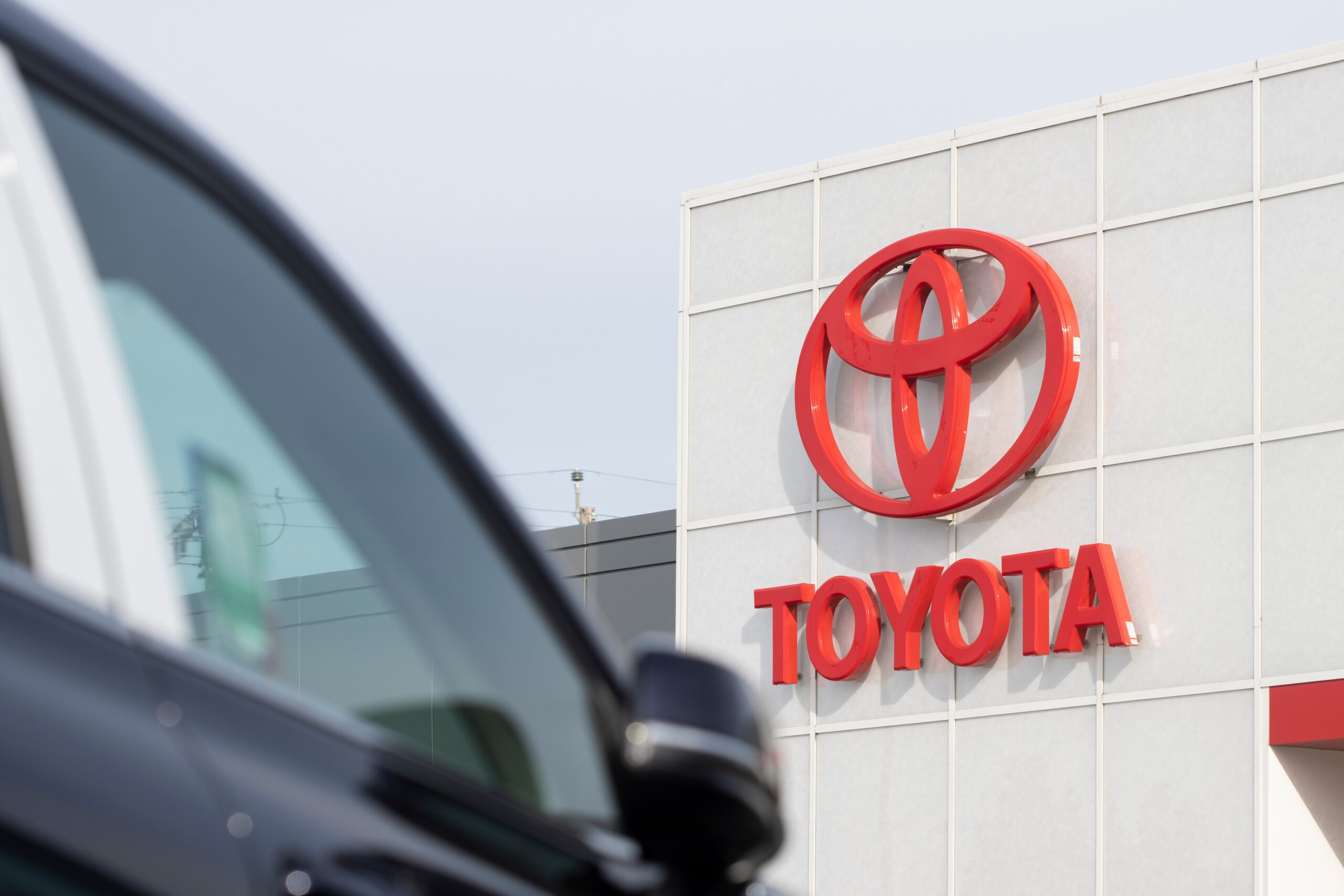
Toyota agreed to a $1.6 billion settlement in 2010 over claims related to unintended acceleration in its vehicles. The case involved lawsuits from consumers who claimed their vehicles had accelerated uncontrollably, leading to accidents. The company recalled millions of cars worldwide due to issues with the accelerator pedals and floor mats. The settlement included compensation for affected vehicle owners and victims of accidents caused by the defect. Toyota also agreed to fund programs aimed at improving vehicle safety. Despite the large settlement, Toyota faced a loss of consumer confidence. The recall affected a significant portion of Toyota’s reputation for reliability and quality.
Johnson & Johnson Talcum Powder Lawsuits (2020)
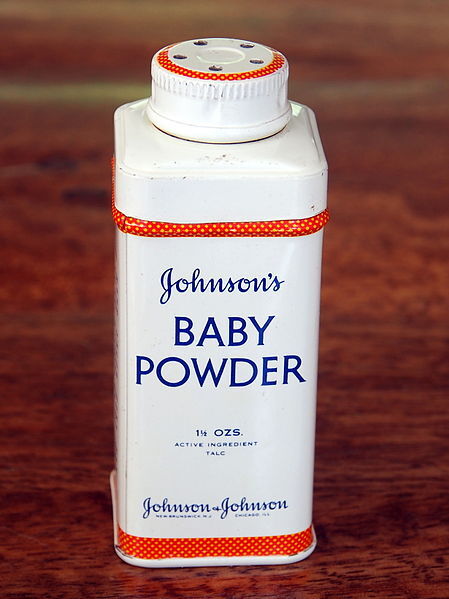
In 2020, Johnson & Johnson reached a $2.12 billion settlement to resolve thousands of lawsuits alleging that its talcum powder products, including Baby Powder, caused cancer. The lawsuits claimed that long-term use of the talcum powder led to ovarian cancer or mesothelioma, with plaintiffs arguing that the company failed to warn consumers of these potential risks. The settlement, which is one of the largest in consumer product liability history, was reached to address over 25,000 claims across the United States. It is important to note that Johnson & Johnson denied any wrongdoing and continued to stand by the safety of its products. However, the settlement was a way to resolve the ongoing litigation while avoiding future trials. As part of the agreement, the company would continue to fight allegations but agreed to pay compensation to victims. The settlement amount was unprecedented in the context of consumer health and safety issues.
Opioid Manufacturers and Distributors Settlement (2021)

In 2021, opioid manufacturers, distributors, and retailers agreed to a combined $26 billion settlement to resolve lawsuits filed by state and local governments. The settlement was the result of allegations that these companies had played a major role in the opioid epidemic, which has caused hundreds of thousands of deaths. The settlement involved major corporations such as McKesson, Cardinal Health, and AmerisourceBergen, as well as Johnson & Johnson. This deal represented a monumental step in addressing the public health crisis. The money was earmarked to fund addiction treatment, recovery programs, and prevent further opioid misuse. It was also designed to compensate states, counties, and municipalities for the financial burdens caused by the epidemic. The size and scope of the settlement were unprecedented in the context of public health-related litigation.
Microsoft Antitrust Settlement (2001)
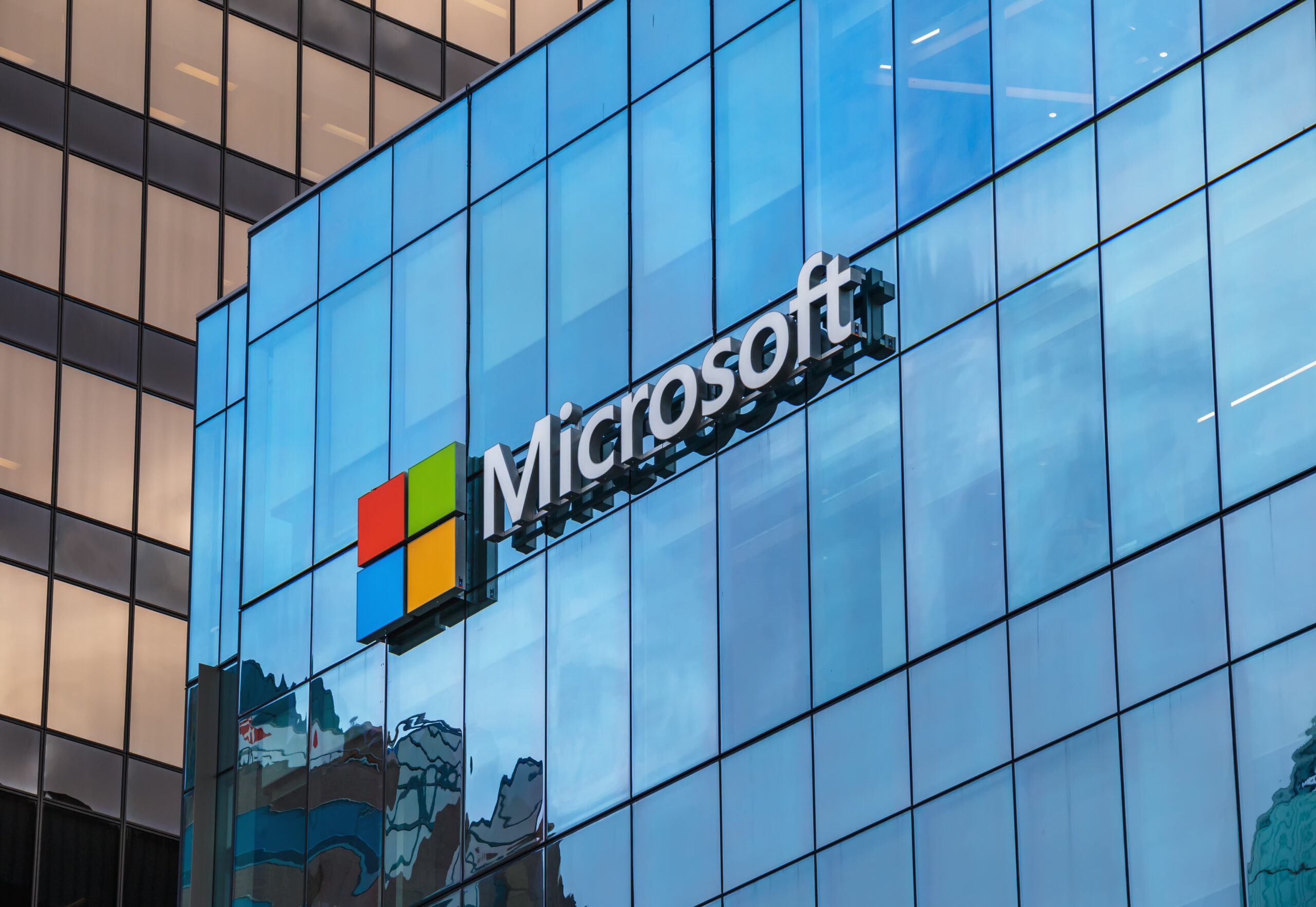
In 2001, Microsoft reached a historic settlement with the U.S. Department of Justice and 18 states, agreeing to pay $1.1 billion to resolve antitrust lawsuits. The case revolved around allegations that Microsoft had engaged in anti-competitive practices, particularly by bundling its Internet Explorer browser with the Windows operating system. This move was seen as an attempt to squash competition and maintain a monopoly in the personal computer software market. The settlement was part of a broader agreement that also required Microsoft to change its business practices. As part of the deal, Microsoft agreed to allow users more flexibility in choosing software alternatives. The settlement was notable for its scale and the implications it had for tech industry regulations. It marked a pivotal moment in the regulation of monopolistic practices in the tech sector.
Facebook Privacy Settlement (2023)

In 2023, Facebook (now Meta) agreed to a $725 million settlement to resolve privacy violation claims involving its user data. The class action lawsuit alleged that Facebook had improperly shared user data with third parties without consent, violating privacy laws. This was part of a broader set of legal actions related to data misuse that spanned several years. The settlement was designed to compensate affected users, particularly those in the U.S. The money would be distributed among users who had their data mishandled by Facebook. Additionally, the settlement required Facebook to implement more stringent privacy practices moving forward. The settlement amount represented a significant portion of Meta’s vast financial resources.
Wells Fargo Fake Accounts Scandal (2016)
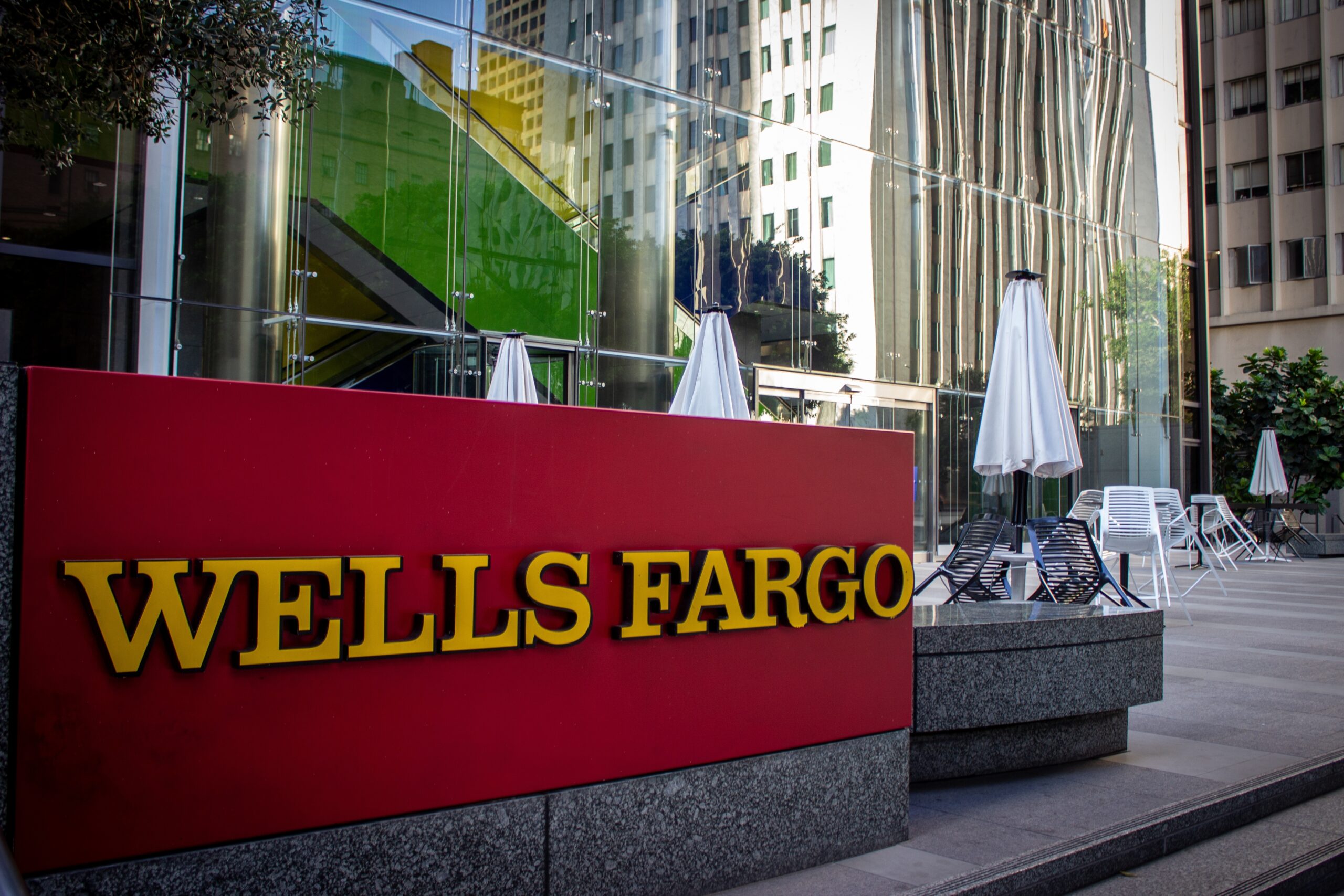
Wells Fargo reached a $3 billion settlement in 2016 to resolve claims related to the creation of millions of fake accounts by its employees. The scandal, which was uncovered in 2016, revealed that bank employees had fraudulently opened unauthorized accounts to meet sales targets. This practice harmed customers by leading to unexpected fees and impacting credit scores. The settlement was designed to compensate affected consumers and cover penalties for the bank’s role in the scandal. In addition to the financial settlement, Wells Fargo agreed to implement reforms to prevent future misconduct. The scandal severely damaged the bank’s reputation and led to widespread regulatory scrutiny. The $3 billion settlement was one of the largest corporate penalties ever imposed on a U.S. bank.
Target Data Breach Settlement (2017)
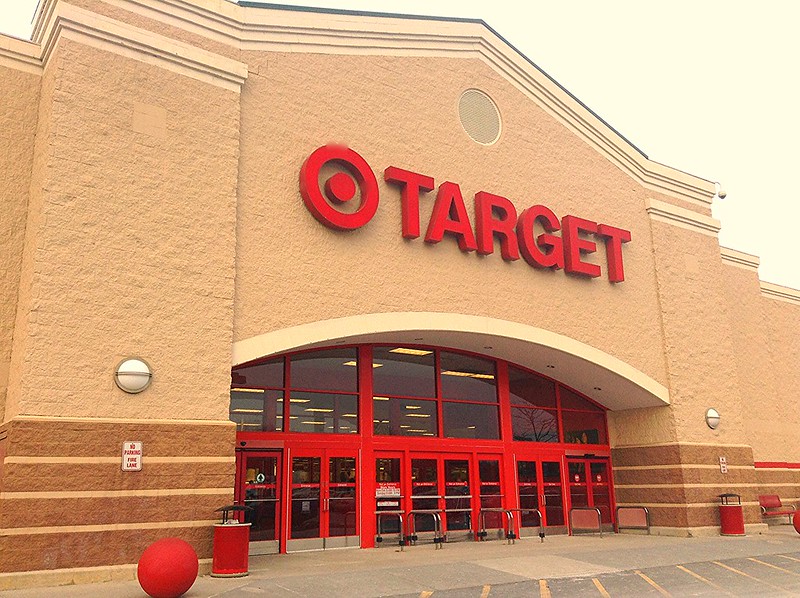
In 2017, Target reached a $18.5 million settlement to resolve a class action lawsuit related to its 2013 data breach. The breach compromised the personal and financial information of over 40 million customers, leading to widespread identity theft concerns. The lawsuit was filed by customers and financial institutions who had incurred losses as a result of the breach. The settlement included compensation for affected customers, including credit monitoring services. Target was also required to strengthen its data security measures to prevent future breaches. The settlement was one of the largest in retail data breach litigation history. It reflected the growing importance of data protection and corporate responsibility in handling customer information.
This article originally appeared on Rarest.org.
More From Rarest.Org
The commercial real estate sector is a cornerstone of the global economy, encompassing a diverse range of properties from industrial warehouses to data centers and retail spaces. Leading companies in this field not only manage extensive property portfolios but also drive significant economic activity through their operations. Read more.
Automotive history is filled with bold ideas and innovative designs that never made it to production. These experimental cars served as testbeds for groundbreaking technology, unique aesthetics, and engineering concepts that were often ahead of their time. Read more.
Science fiction has long served as a lens through which we examine the future, society, and humanity itself. The genre isn’t just about robots or space travel; it’s about challenging ideas and presenting possibilities. Read more.

